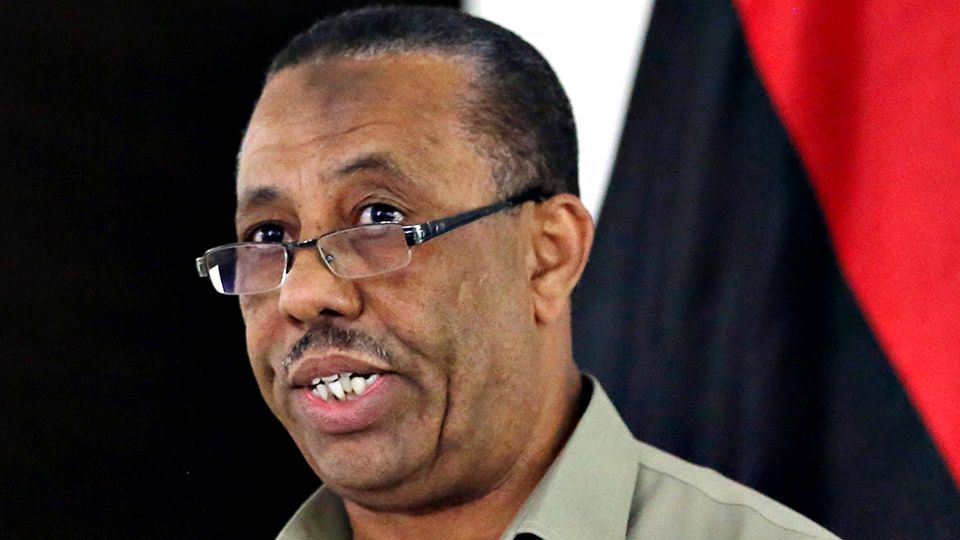Abdullah al-Thinni has stepped down as Libya’s prime minister in a move to end the power struggle in the country.
The cabinet said it was resigning to enable the elected parliament to choose a new, inclusive government.
The Islamist-linked militia which seized the capital, Tripoli, last week has called for the elected MPs to be replaced by the previous body, the General National Congress (GNC).
Libya has been hit by instability since the 2011 ousting of Muammar Gaddafi.
The various armed groups which united against Libya’s long-time leader have refused to disarm, leaving the government unable to exert control.
France’s President Francois Hollande on Thursday, August 28, 2014 called for the UN to give “exceptional support” to Libya to prevent the country sliding further into chaos.
The BBC’s Rana Jawad in Tripoli says the key issue for MPs to mull over is that the new cabinet needs to be an inclusive government with ministers acceptable to all sides of Libya’s political divide.
Anything less will see the country’s current stalemate continue, she says.
Following the call by the Misrata-led militia for the GNC to reform, some members gathered this week in Tripoli and said they had appointed a new prime minister.
The UN this week stressed that it only recognised the elected body, the House of Representatives, which is dominated by liberal and federalist lawmakers.
The GNC had an Islamist majority.
Because of the instability in Tripoli, and the second city Benghazi, the House of Representatives has been meeting in the far eastern town of Tobruk.







